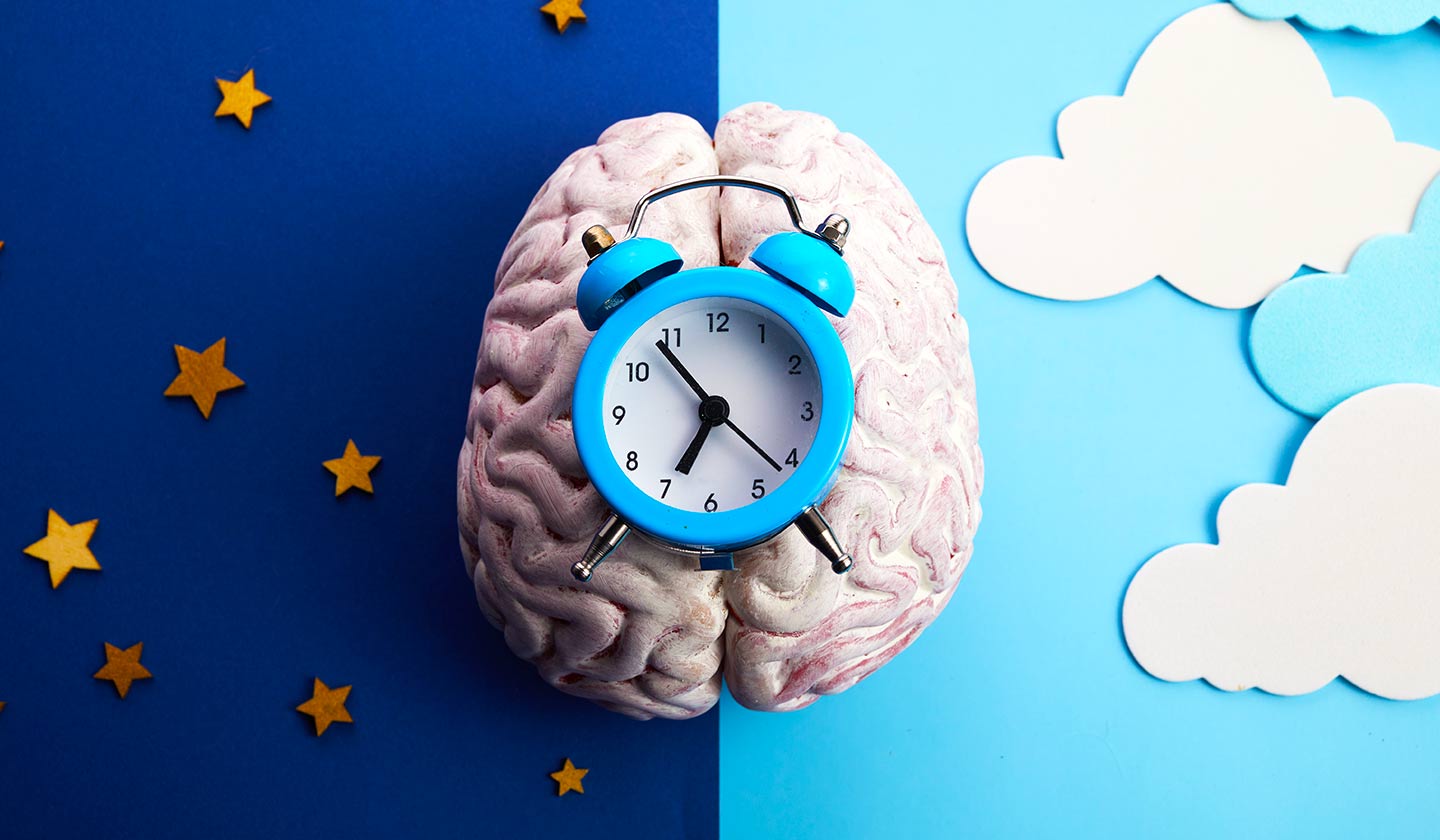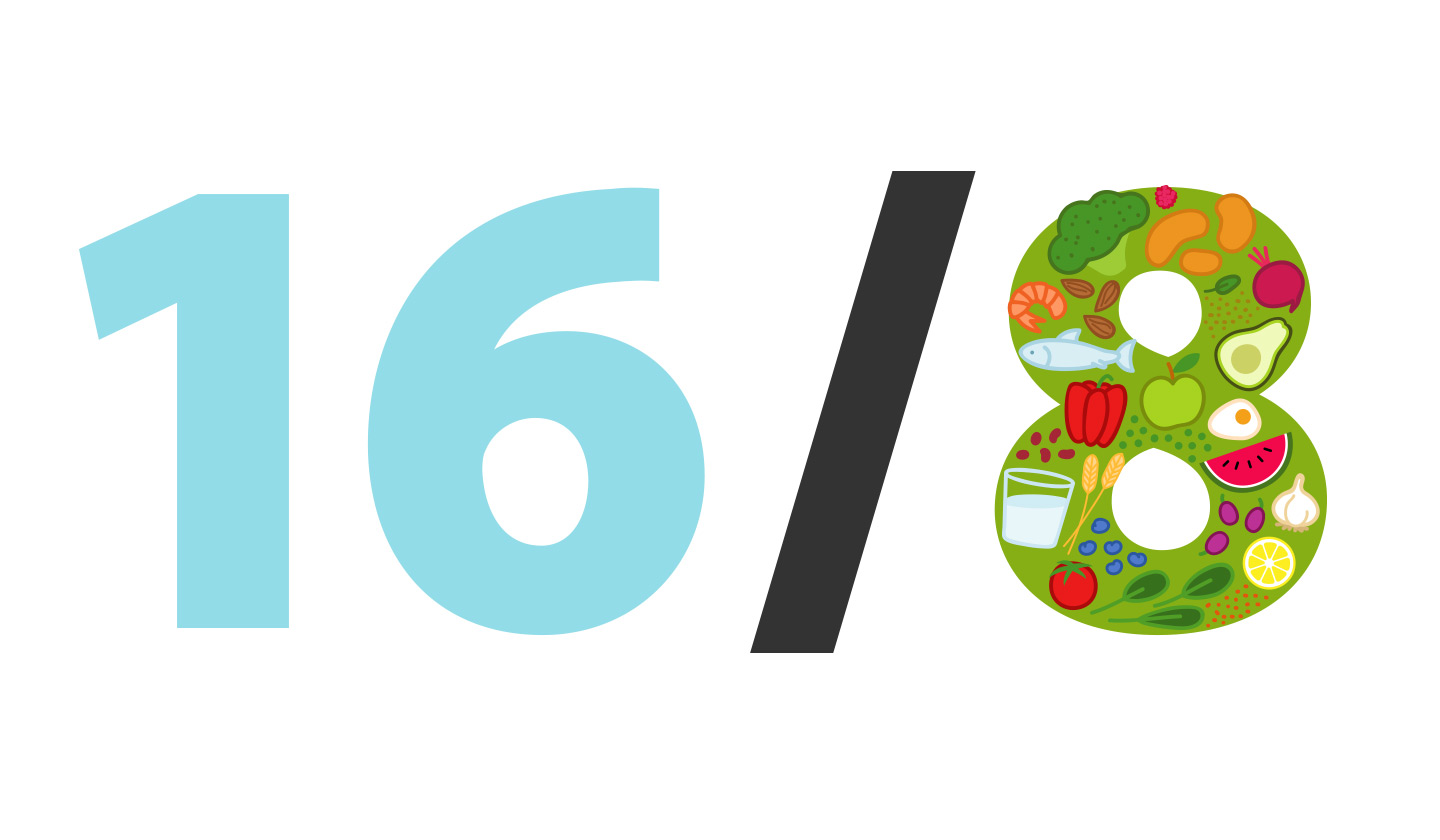Food
Intermittent fasting - may be the perfect tool to lose weight

Fasting means not eating. In fact, fasting is a normal physiological state that happens every day, from the time we go to sleep until we eat the first meal of the day, if we sleep enough hours.

What is intermittent fasting?
Intermittent fasting is a practice of alternating periods of several hours without eating with periods of food intake. To do intermittent fasting, you must go at least 12 hours straight without eating every day.
Although intermittent fasting is practiced by many for the purpose of losing weight, we cannot say that it is the same as "dieting".
The concept of dieting refers to the habitual consumption of food and drink - so intermittent fasting is yet another method that can be used to meet different needs and goals.
The latest research shows that the timing of eating is just as important. Why exactly? Because biological processes, including metabolism, are closely linked to the circadian rhythm.

How does intermittent fasting work?
In evolutionary terms, the human body is prepared for fasting. Food was not always accessible as it is today. Fasting for several hours was common in hunter-gatherer communities due to lack or scarcity of food.
When we eat, we are giving our body more energy than it can use at that moment. The body absorbs this energy and stores it for later use. If we eat too often, we continue to absorb energy without using up the energy we already have stored.
But what happens to the body when we go many hours without eating?
When we fast, we force the body to use fat stores as an energy source, rather than sugars, as it does when we eat. Also, by restricting the periods when we can eat, we tend to take in fewer calories per day.
During the long periods when we do not eat, the digestive system is allowed to rest - which is not the case when we eat very frequent meals. It is during this time that physiological regeneration mechanisms are activated, which can be beneficial to health.
The functioning of various systems in our body, including the digestive system, is regulated, in part, by the circadian cycle. The digestive system is prepared to digest food and burn calories especially during the day.
In turn, the regeneration mechanisms activated by fasting happen especially in the afternoon and evening. This is why it is important to eat dinner early and avoid eating before going to bed.

Types of Intermittent Fasting
There are several types of intermittent fasting. In general, those that involve fewer hours without eating are easier to practice and have been shown to be quite beneficial when done regularly.
But remember that what works for other people may not work for you. So it's important to know your needs and your physical condition well enough to choose the type of intermittent fasting that best fits your routines and goals.
Intermittent fasting 12h/12h
If you have never done intermittent fasting, this is the ideal type to start with. You must go without eating for 12 hours every day. It is not as hard as it sounds, because you can take advantage of the hours when you are sleeping.
In this case, the last meal will be dinner - the earlier the better, to enhance the benefits of fasting. If you eat dinner at 8 pm, for example, you will not be able to eat again until 8 am.
Intermittent fasting 16h/8h
This type of fasting consists of not eating for 16 hours, spreading the meals over the remaining 8 hours of the day. If you choose this method, you can further enhance the benefits of intermittent fasting.
You can have your meals between 1 pm and 8 pm, for example, and not eat until 1 pm the next day. It is important to link your fasting periods to practical aspects of your daily life, such as your work schedule, family habits and the times of day when you are most hungry.
Intermittent fasting every other day
This is the most rigorous type of fasting. It consists of severely restricting your calorie intake on several days of the week. On those days, you can only have one meal where you eat between 500 to 800 calories, depending on your weight and physical constitution.
In this type of intermittent fasting, you should alternate days of restricted eating with days when you can eat freely, but in a balanced way.
What happens during fasting?
It all depends on the period of fasting and your body composition. But in general, the first signs of fasting appear after 12-14 hours without food.
If you fast for 16 hours (the 16:8 plan), the changes are subtle but positive:
- The liver is already storing less glucose and all the nutrients have been sucked out of the bloodstream to where they are needed most.
- Insulin levels have decreased and the intestines quietly digest your last meal.
- Your stress hormone levels are low, and you may also feel low in energy.
- Your mind should be clear and focused.
Fasting for a longer period tends to have stronger effects:
- Due to the lack of glucose, your body slowly goes into ketosis.
- Once in ketosis, the body's main source of energy will be the fat it already contains.
- Cells become more resistant to stress, body fat usage increases, and detoxification (autophagy) is in full swing.
If you fast for days, the process intensifies. However, after a few days of discomfort, hunger, and fatigue, you end up feeling alive, energetic, and much thinner:
- You urinate a lot and are not as bloated anymore.
- Because of the constant visits to the bathroom, you need to drink more water.
- Ketosis will work at full capacity.

Always seek advice from professionals
Whatever type of fasting you choose, it should be accompanied by health and nutrition professionals.
Each person has different physical and physiological characteristics, conditions, lifestyles, and habits. Nutritional needs and goals can vary greatly - each case is unique and should be evaluated and followed.
Before you start intermittent fasting, make an appointment for an evaluation with your doctor or nutritionist.

Benefits of Intermittent Fasting
There is already enough scientific evidence to attest to the safety of intermittent fasting and explain some of its advantages, which are not limited to weight loss.
According to a study published in The New England Journal of Medicine, intermittent fasting can bring several health gains, such as decreasing the incidence of some diseases and increasing longevity.
But the benefits don't seem to stop there. When practiced in a correct and balanced way, intermittent fasting can help to:
- improve cardiovascular function
- improve neurological function
- enhance cell regeneration
- Improving the microbiota and intestinal balance
- Enhance growth hormone production
- Slow down the aging process of the organism
- Increasing concentration
- Increasing resistance to stress
- Increasing energy levels
- Reducing insulin and blood sugar levels
- lower cholesterol and triglyceride levels
- Reducing inflammation
- fight the spread of some types of cancer cells.
Intermittent fasting is only beneficial if coupled with a balanced diet and a healthy lifestyle. Therefore, it is essential to eat well, meeting caloric needs with nutritious and quality foods. Maintaining an adequate exercise routine is also essential.

But what about when the fast is over?
To break the fast, it is important to start small and choose what you eat well. Prefer foods rich in fiber, minerals and vitamins, healthy fats, and whole-grain foods, such as:
- fruit, preferably with the peel
- vegetables (broccoli, spinach, cauliflower)
- legumes (peas, beans, chickpeas, lentils)
- lean meats (chicken, turkey)
- oily fish (salmon, sardines, tuna)
- whole grains (quinoa, rice, oatmeal)
- mushrooms
- sweet potatoes
- tomatoes.
You should avoid processed foods and foods with lots of salt, fats, and added sugars. Cakes, pastries, sausages, and fried foods are not good options.
This is advice that goes for any balanced diet, but even more important for intermittent fasters.

Risks and drawbacks of intermittent fasting
Despite the benefits, intermittent fasting can also have some negative risks and consequences. The most common, according to experts, are:
- headaches
- irritability
- hunger
- nausea
- feeling of acidity or heartburn
- difficulty maintaining concentration
- muscle cramps
- tiredness and feeling weak
- insomnia
- constipation
- difficulty absorbing some medications.
These effects may be temporary, especially during the adjustment period, but they can also last longer than expected. Be aware of your body's sensations and signals, and adjust your habits when necessary.
In addition to the risks already mentioned, intermittent fasting is not recommended for everyone. There are even specific groups for whom fasting is not recommended:
- children and adolescents
- people who are below their recommended weight
- pregnant and lactating women
- people who have or have had eating disorders, such as bulimia, anorexia, or compulsions
- people more susceptible to anxiety and stress
- people with migraines or frequent headaches.
Remember: there are no universal solutions
Food and nutrition are not linear subjects and there are no miracle solutions. Discipline and commitment to health are the most important tools for any change in habits - especially dietary ones.
If you want to try intermittent fasting, start slowly and gradually. Remember that it may not be the best method for your context and routine, and that doesn't have to be a problem.
Any change in habits should contribute to improving your quality of life and well-being. If this method doesn't work for you, don't be discouraged: there are always avenues to explore and the important thing is to find the one that works for you.
Sources
iSaúde
Revista Farmácia Distribuição
Também lhe poderá interessar
Food
Balanced diet, healthy body
Food






